Though most of the films on her resume are either in Tamil or Telugu, actress Rakul Preet Singh has also made a strong impression in Bollywood with movies like Yaariyan (2014) and the recent blockbuster De De Pyaar De (2019). The actress is currently busy promoting her next Bollywood outing Marjaavaan which reunites her with Aiyaary (2018) co-star Sidharth Malhotra. Also starring Tara Sutaria and Riteish Deshmukh in principal roles, the romantic action film features Rakul in the role of a prostitute, a character which she has never attempted before.
In the run-up to the release of Marjaavaan on 15th November, Eastern Eye catches up with Rakul Preet Singh in Mumbai and tries to know more about her character in the film, what led her to take it up, how she manages to juggle Bollywood and other film industries down South so efficiently, and much more. The actress also opens up about how things have changed for her professionally after the runaway success of De De Pyaar De. Excerpts…
How different is Marjaavaan from your previous Bollywood films?
Marjaavaan is completely different from my previous Hindi films. The film came to me when I was shooting for De De Pyaar De. Milap Zaveri’s selling point to me for the film was that my character is like Rekha of Muqaddar Ka Sikandar (1978), Tabu of Jeet (1996) and Chandramukhi of Devdas (2002). He said, ‘I know this is a two-heroine project and you might think why you need to do it, but listen to the script once.’ Then I heard the script and felt that these kinds of roles were popular in the 90s. In the recent past, and in our generation, we have not seen a role like this.
When you see Aarzoo’s character, you find there is ‘nazakat’, ‘sher-o-shayari’ and ‘adah’ attached to her character. So, Aarzoo is a prostitute, but she is very head-strong. She is fearless. It is a very strong character. When Milap narrated it to me, I thought that even though it is smaller in length, as there are other things also like action, and there are two girls, it is a very impactful role. I thought when will I get a chance to do something like this in Hindi films. And also, De De Pyaar De was very different from this, so people will get to see a versatile side to me. In De De…. I played the girl next door, a western girl. Here in Marjaavaan, I am playing a prostitute who wears these Indian saris and all. Also, there are some heavy dialogues involved. That’s what attracted me to the film.
How do you bring conviction to a role like this?
So, I went to a bar to observe bar girls, just to see their body language and how do they stand while talking to people or looking at them. They do not sit the way we sit. So that, I think, helped me a lot in getting the body language of Aarzoo right. The rest of the things like ‘sher-o-shayari’ and dialogues, that we learnt during reading sessions with Milap.
Did you feel any pressure when Milap compared your character with that of Rekha in Muqaddar Ka Sikander and Madhuri Dixit in Devdas?
Theirs are very iconic characters. Milap has been saying it everywhere. Even at the trailer launch, he kept saying that I am his Rekha in the film. When people go to see the film and even if 1% of them feel so, that will be my biggest satisfactory point. I know that they are legendary and I am nowhere close to them and I don’t even want to compare myself with them. They are them. We look up to them. I share my birthday with Rekha Ji though (smiles).
You started your career in Bollywood before exploring the South Indian film industry. How do you see your journey from Bollywood to South and then South to Bollywood?
I love the journey. I came with nothing, you know. I was someone who was not from the industry, I did not grow up on a dose of films, I had no training in acting. Nothing. Not even one percent of it. Even if I was an outsider, I was not signed by somebody to give me that guidance. Guidance was not there. It was a constant self-growth and finding your own way, I would say.
People think that I went to South after doing Yaariyan. It is not true. I shot Yaariyan and two days after finishing it, I started shooting for my first film in Telugu. But Yaariyan took 1 year to release and my debut film in Telugu happened to release four months before Yaariyan. Venkatadri Express turned out to be a big hit and suddenly I had a lot of offers from South. Since Yaariyan was yet to release, I thought to do those films. I thought I would shoot those films and then come back to Bollywood. I did not know that after the release of your film, you have to be in Bombay, meet people, and all. Nobody would tell me that you are supposed to do that. So, I continued working down South. I started getting bigger films with some of the bigger stars. They gave me a lot of love. I got emotionally attached with the industry because those films just put me on a pedestal suddenly. Then I thought that it makes sense to do the work that you are getting rather than leaving it and trying to find something that you don’t have yet. I thought that when people see me enough, I would get filtered projects.
Rather than me going door to door in Bombay and again starting the struggle all over, I continued working there and then I learnt what I like, where I need to improve as an actor, etc. That growth really helped me. After that, I was supposed to do MS Dhoni: The Untold Story (2016) but that did not happen because they postponed the schedule because Sushant Singh Rajput’s hair length took time and I was shooting for other film and could not change my dates at all. So, I did not do the film. I had also shot for a film called Shimla Mirchi with Rajkummar Rao but it stuck and did not release. That gap would not have come otherwise.
So, when the makers of MS Dhoni: The Untold Story were making Aiyaary, they called me up and asked me if I had dates. I said I would definitely do the film. That’s how Aiyaary happened. When I was shooting for that film, I got De De Pyaar De. So, there was not a break per say; it was very organic and I was constantly working. From 2013 to 2019, I have done almost 30 films.
This is your second film with Sidharth Malhotra.
Yes, this is my second film with him after Aiyaary. Nobody talks about that film because it did not work, it did not click with the audience. Very few people liked it. It was a different film.
Do you feel that you have got something to prove with Marjaavaan?
No, I do not think it works like that. If I start thinking that I have to prove to the world, I can keep getting sucked into that deep abyss. There is no end to that. I got the role, I liked the role, I did it to my hundred percent honesty, and now you won’t see me nervous the Friday it releases on. Whether my film works or does not work, I will be smiling with the same smile, because there is no point thinking why did not it work. You have got to move to your next project.
Has the success of your last Hindi film De De Pyaar De changed anything in your life or career?
I think it would have changed something, in the form of the scripts that have come my way after its release, maybe. I have signed 4 films in Hindi. In South, I am doing Indian 2 in Telugu and one in Tamil. We are just waiting for the production houses to announce my Hindi films. For one of the 4 Hindi films, I start shooting immediately after Marjaavaan. So, I think the kinds of scripts that I have got are interesting and with good, performance-oriented roles. I think that credit goes to De De Pyaar De because it opened up that avenue.





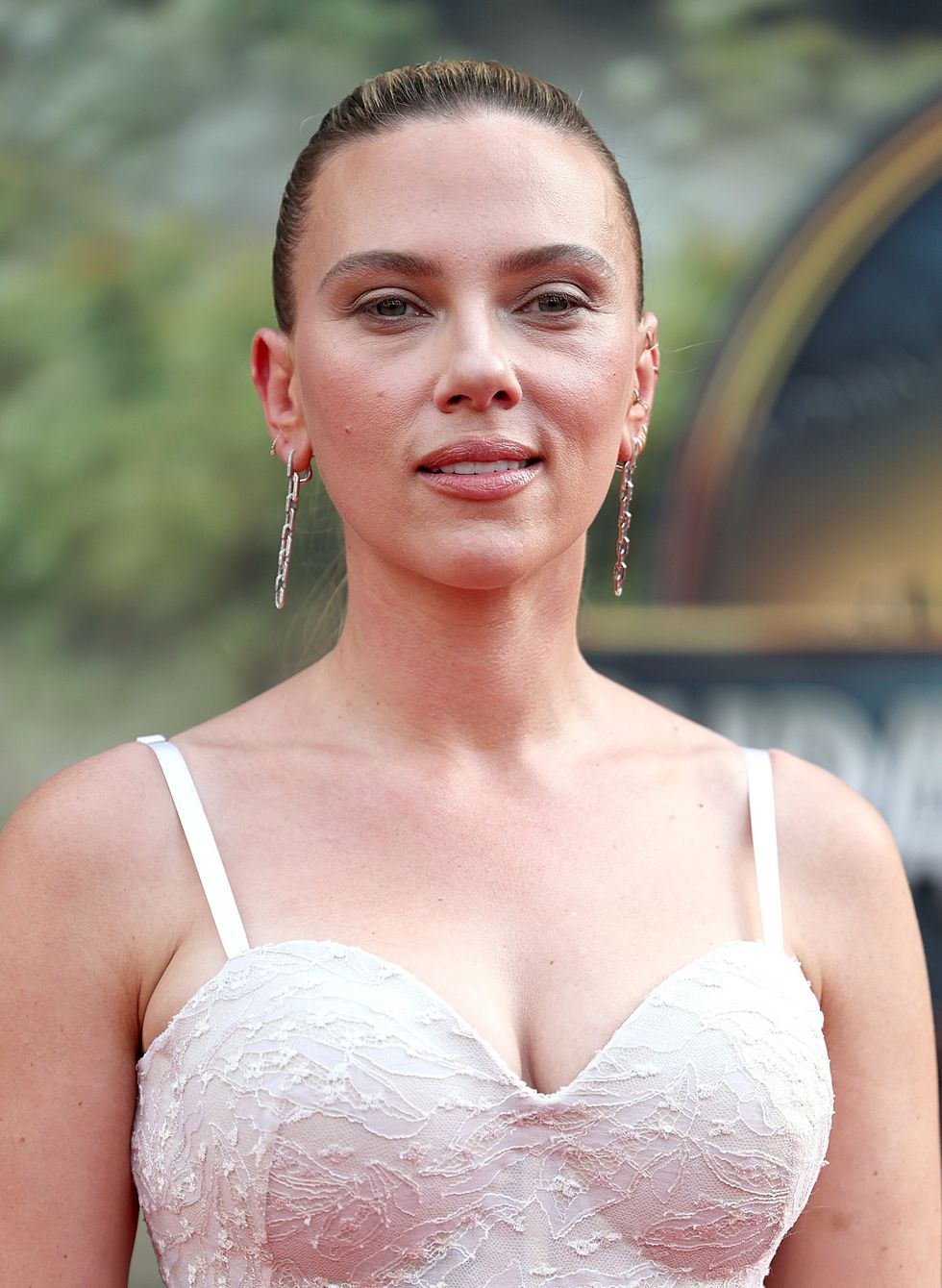 Scarlett Johansson opens up about breaking free from early typecastingGetty Images
Scarlett Johansson opens up about breaking free from early typecastingGetty Images 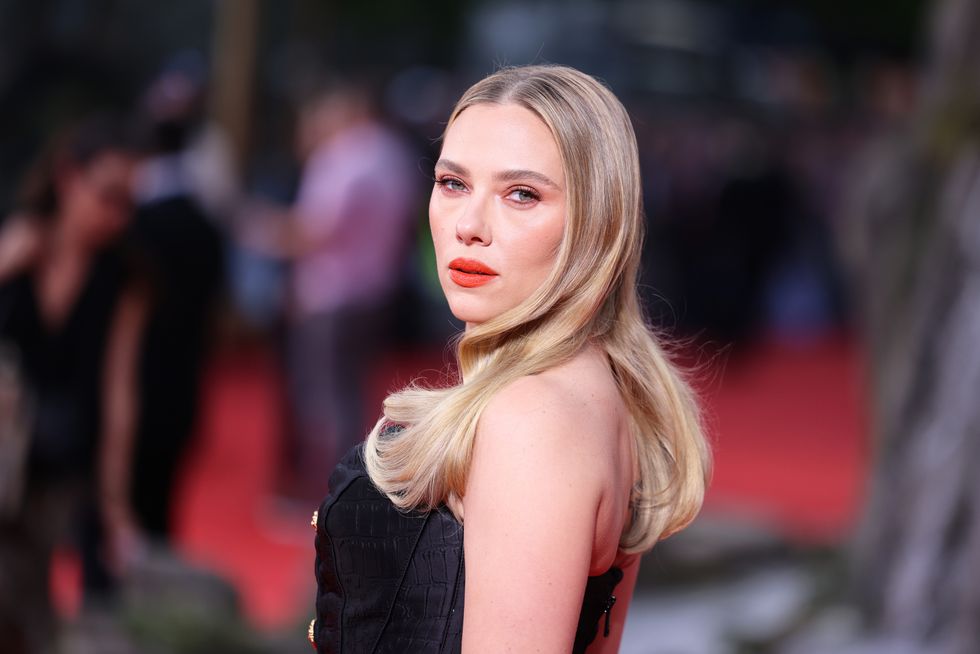 Johansson reflects on her childhood stardom and evolving careerGetty Images
Johansson reflects on her childhood stardom and evolving careerGetty Images 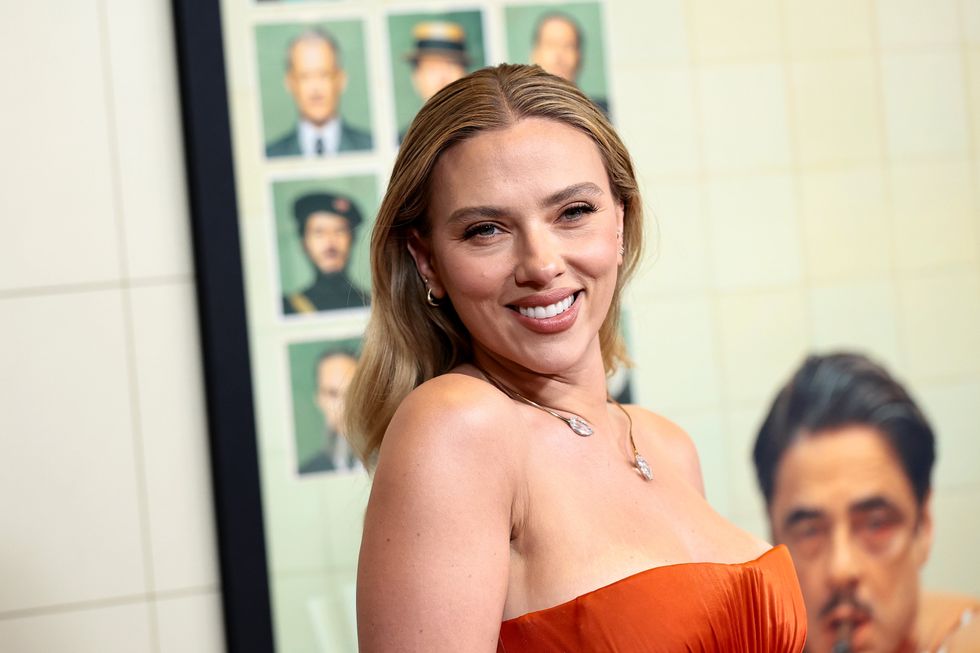 From Avengers to auteur Scarlett Johansson embraces creative control Getty Images
From Avengers to auteur Scarlett Johansson embraces creative control Getty Images 








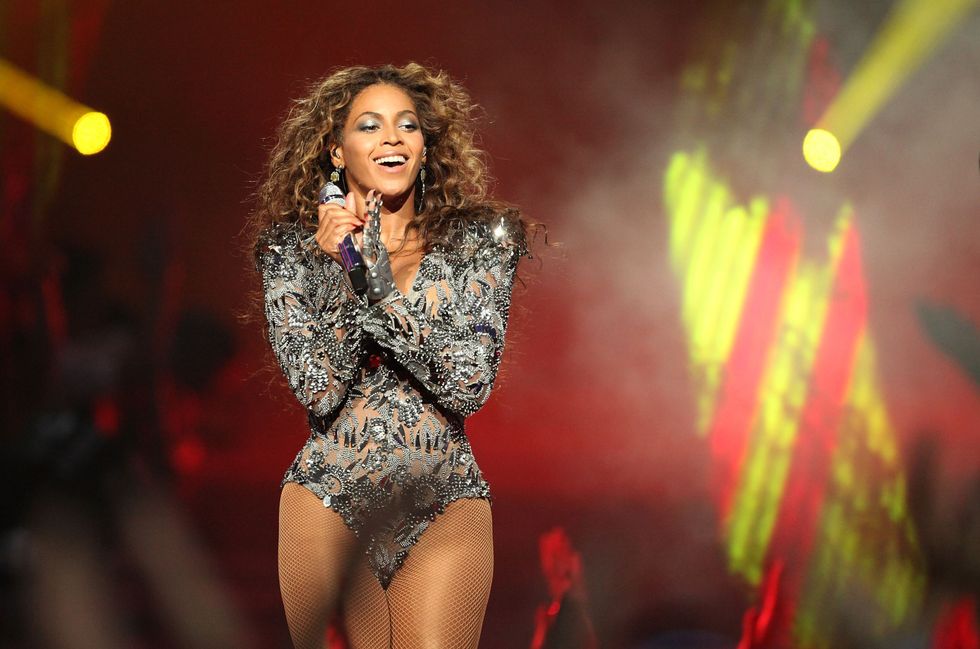 Beyoncé halts Cowboy Carter show after flying car nearly tips over crowd in HoustonGetty Images
Beyoncé halts Cowboy Carter show after flying car nearly tips over crowd in HoustonGetty Images 

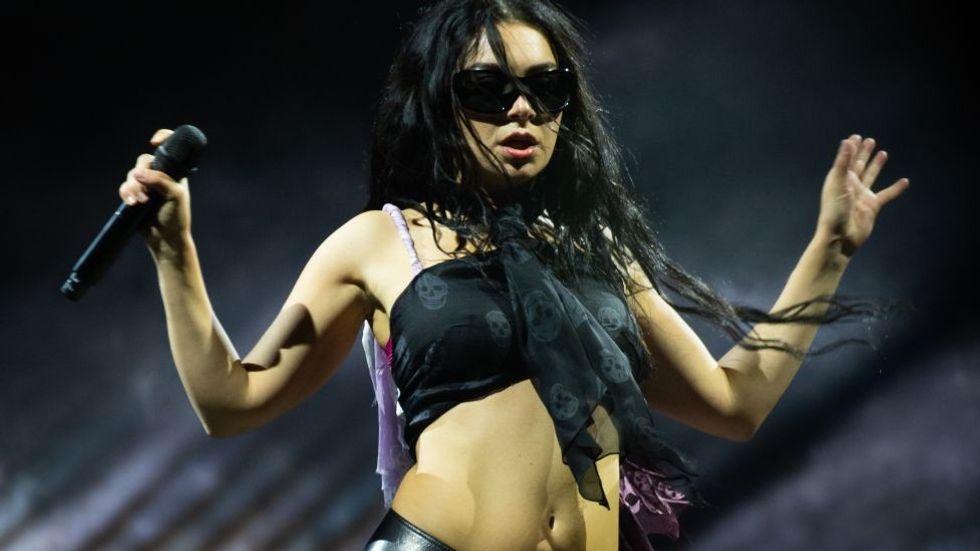 Charli XCX defends her Glastonbury set, calling autotune criticism outdated and dull BBC
Charli XCX defends her Glastonbury set, calling autotune criticism outdated and dull BBC 
 Kareena Kapoor says the incident left their children Taimur and Jeh shakenGetty Images
Kareena Kapoor says the incident left their children Taimur and Jeh shakenGetty Images  Kareena and Saif are now focusing on healing as a family after the traumatic episodeGetty Images
Kareena and Saif are now focusing on healing as a family after the traumatic episodeGetty Images